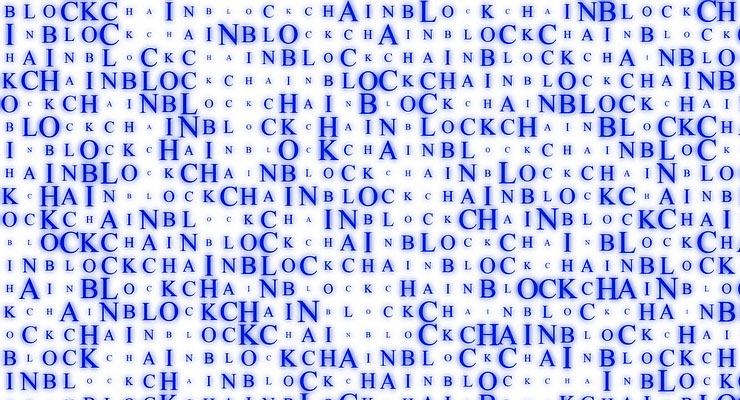
The use of the digital “distributed, decentralized, public ledger” known as blockchain technology has been spreading in many industries. There is some great reporting coming on this front from an unexpected corner. According to a really interesting article by ultra-conservative author Bob Livingston at his blog, Personal Liberty. Here is an excerpt:
Bradley Tusk is using the same tactics in this personal crusade that he used to advance tech startups. He has bet a significant share of the fortune he built off his equity stake in Uber that the gospel of mobile voting will spread so fast that most Americans will have the option of casting their ballots for president by phone as soon as 2028.
He has already persuaded the state of West Virginia and the City of Denver to start tinkering with voting by phone, and hopes to move quickly from there.
“What we learned at Uber is once the genie is out of the bottle, it can’t be put it back in,” said Tusk, a venture capitalist who managed former New York Mayor Michael R. Bloomberg’s reelection campaign before bouncing to Silicon Valley. In the tech world, he invests in startups that face political and regulatory hurdles, then helps knock those hurdles down by galvanizing the public’s appetite for game-changing innovations.
See full story here. It is hard to get a grasp on the slow creep forward of the utilization of any new voting technology, especially when technologies are new and when they are unusual. Slowly, experiment by experiment, there have been attempts at testing how blockchain’s unique characteristics can be taken advantage of in the administration of elections. Limited, local initiatives have shown that blockchain may have a real role to play.
One interesting new look at the changes underway comes from Phil Goldstein at StateTech Magazine who recently published an article about how blockchain technology is working its way into America, finding a role in several different aspects of election administration and beyond. From the article:
Blockchain technology, in and of itself, cannot replace legacy systems for databases, record keeping or transaction management, but it can enhance such systems, experts say. Blockchain voting is also getting more attention, though cybersecurity experts are skeptical about it and it has not been tried in the United States on a large scale yet.
Most state government officials are still in a wait-and-see mode about the technology, though blockchain use cases continue to proliferate. According to a 2017 National Association of State CIOs report, 63 percent of those surveyed were still investigating blockchain in state government with informal discussions, 26 percent said there were no discussions of blockchain at that time and 5 percent had adopted blockchain technology in support of some state government services.
Be sure to also check out the Democracy Chronicles Election Technology section and our articles on Technology Dissidents, the Internet and Democracy or Voting Machines.
Leave a Reply